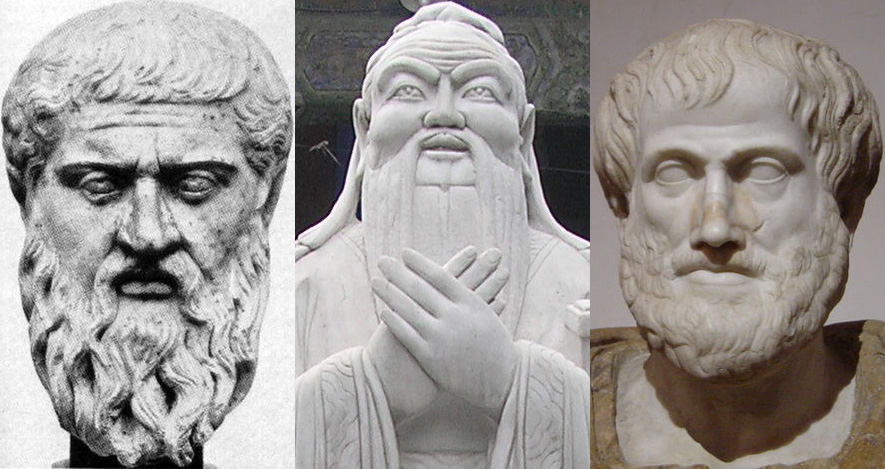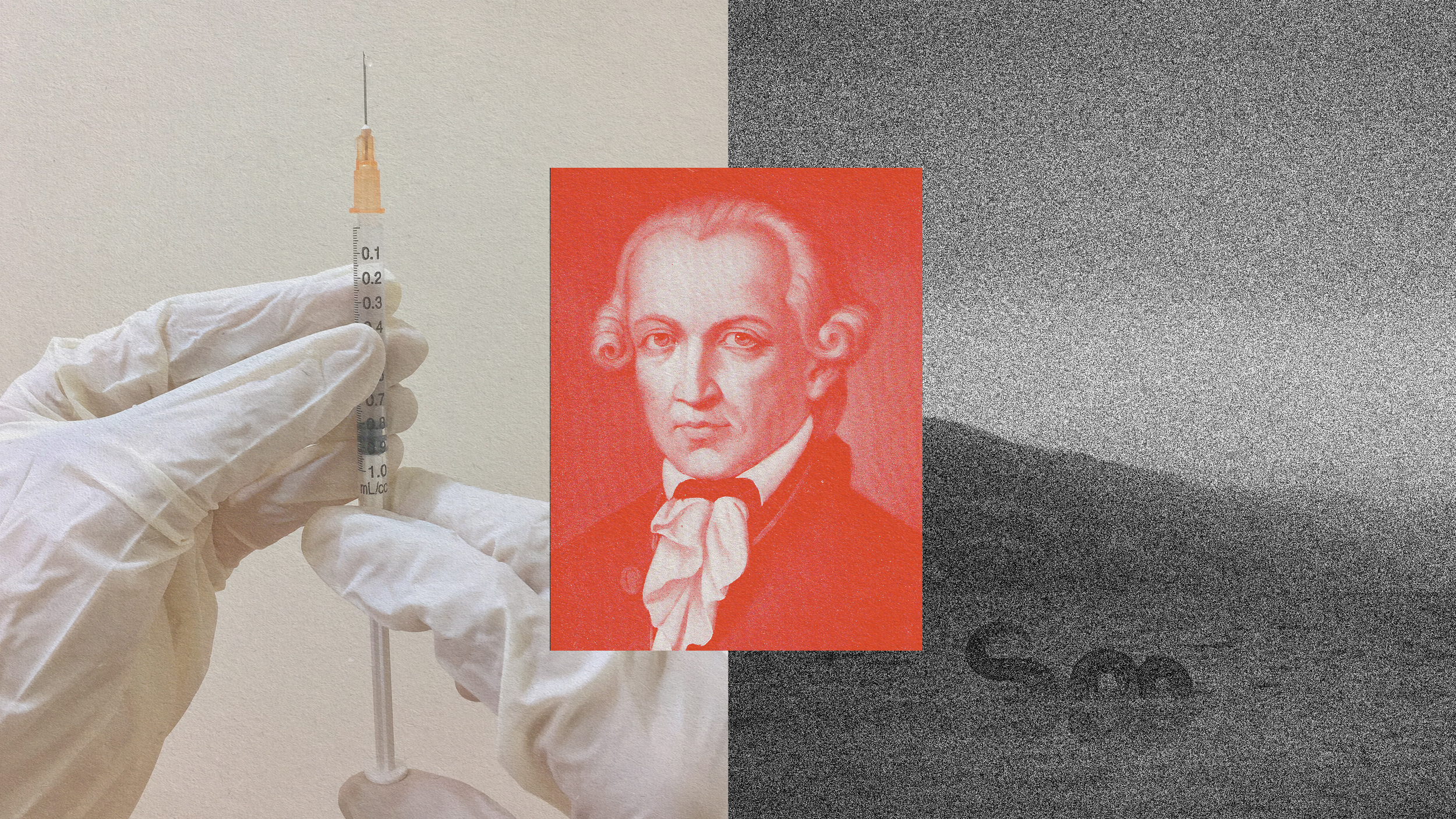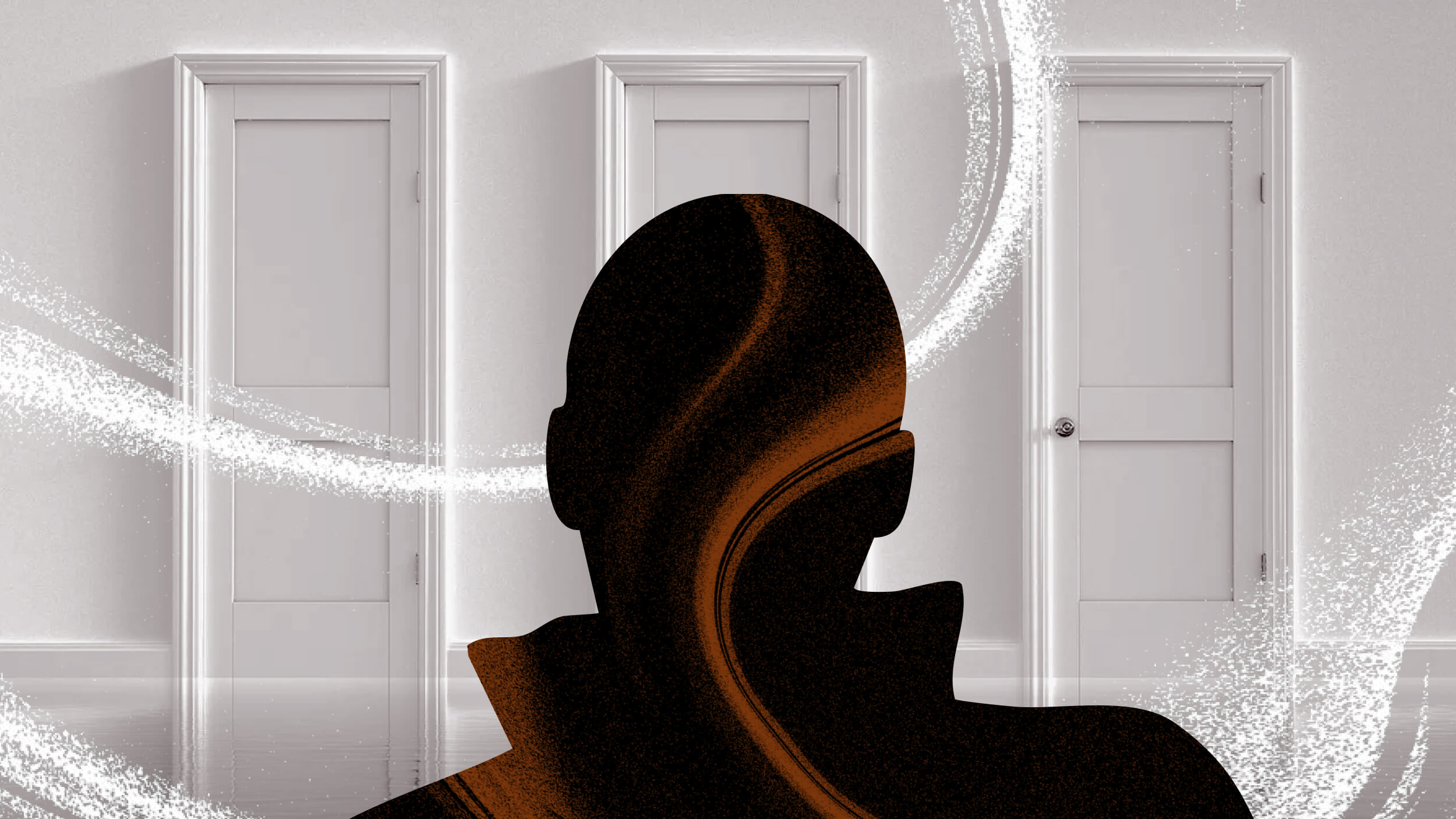What would you be willing to do if you thought you’d get away with it? Kelly Richmond Pope, a forensic accountant, delves into how we often unintentionally ignore our moral compasses and veer into unethical behavior when possible consequences are intangible. Kelly says we do this mainly by convincing ourselves that everyone else behaves similarly. But is that true?
She shares the results of an ethics survey she uses in her class, where her students found themselves divided about whether a social lunch with a colleague, discussing personal and work matters, should be expensed as a work-related activity. She also shares her experience of accidentally receiving an extra handbag and how different people advised her to proceed.
Maybe we’re all a little unethical. But Kelly assures us that there’s no need to panic. She believes that acknowledging these vulnerabilities and implementing internal controls can help us prevent unethical behavior. Fostering an environment of self-awareness and accountability can help us all make better decisions in the future.
KELLY RICHMOND POPE: I think we are not always as honest with ourselves as we may need to be. Because if we think that we're not gonna get caught, a lot of us rationalize what we do. "Everybody's ethical!" Right, everybody's ethical. You're not as ethical as you think. For example, a lot of us plan parties during work hours. A lot of us take work supplies home. A lot of us use our work computers for personal. So it's interesting how we rationalize what we do.
But if we really are honest and ask ourselves, "If I had to report this, would it be a problem?" When we're honest about that, that will prevent us from making future mistakes. Something I do in my class is at the very beginning, they have to do an ethics survey- this is the one that gets people. I ask them, "You and a colleague in the same industry go to a work lunch. You spend five minutes talking about work stuff, and an hour talking about personal stuff. Is this a work lunch that you would expense out?" I have never gotten 100% agreement. About 50% say that it is a work lunch, 50% say it's personal. The 50% that say it's a work lunch say, "Oh, this is networking, and your intention was to talk about work." The other 50% say, "It's totally personal because you already knew the person and this was strategic."
We need to own the unethical aspects of our decisions, because if we can own it and be honest about what we would get away with, then I think that can protect us.
I'll tell you something that happened to me. I got a handbag that I had ordered, and I was so excited to get it, in a big box at my door, unwrapped it, there was a handbag. And then the next day, another handbag came and I didn't order two handbags, I ordered one handbag. What shocked me was what my village said to me about it. "Guess what happened? I got two bags, but I only purchased one. I'm gonna send the bag back." They were like, "Are you crazy? You could sell that bag on eBay. Who's gonna find out?" So I started asking people: No one told me to send the bag back.
What if I sell the bag on eBay, and then the company contacts me? Now, I'm in a tough position. What am I gonna say? Am I gonna say I sold the bag? Am I gonna say, "Oh, I didn't get a bag delivered to me, you must have a mistake." What if the girl lost her job? Do you have to think about how your decisions impact a larger issue? So I sent the bag back. I went back to everybody I talked to and told them I called the store, they didn't even know that they sent the bag and you know what they all told me. You're crazy, Kelly, you could have gotten away with it.
So it just goes to show you when no one's looking, that we think that we're not gonna get caught, we're not as ethical as we think. I think the path forward is to recognize that no one is ethical, and we all need internal controls around us to protect us, because that's the only way we're going to really own up to our opportunistic selves. We are so ethical that we would never do anything wrong- until we're caught.







